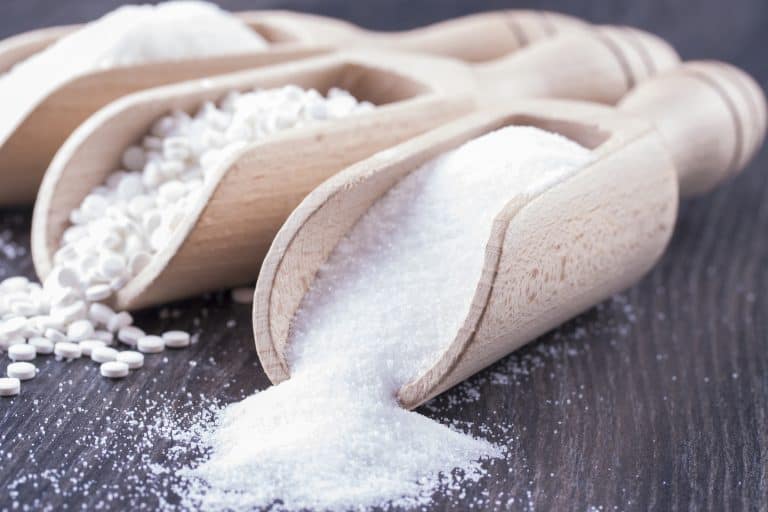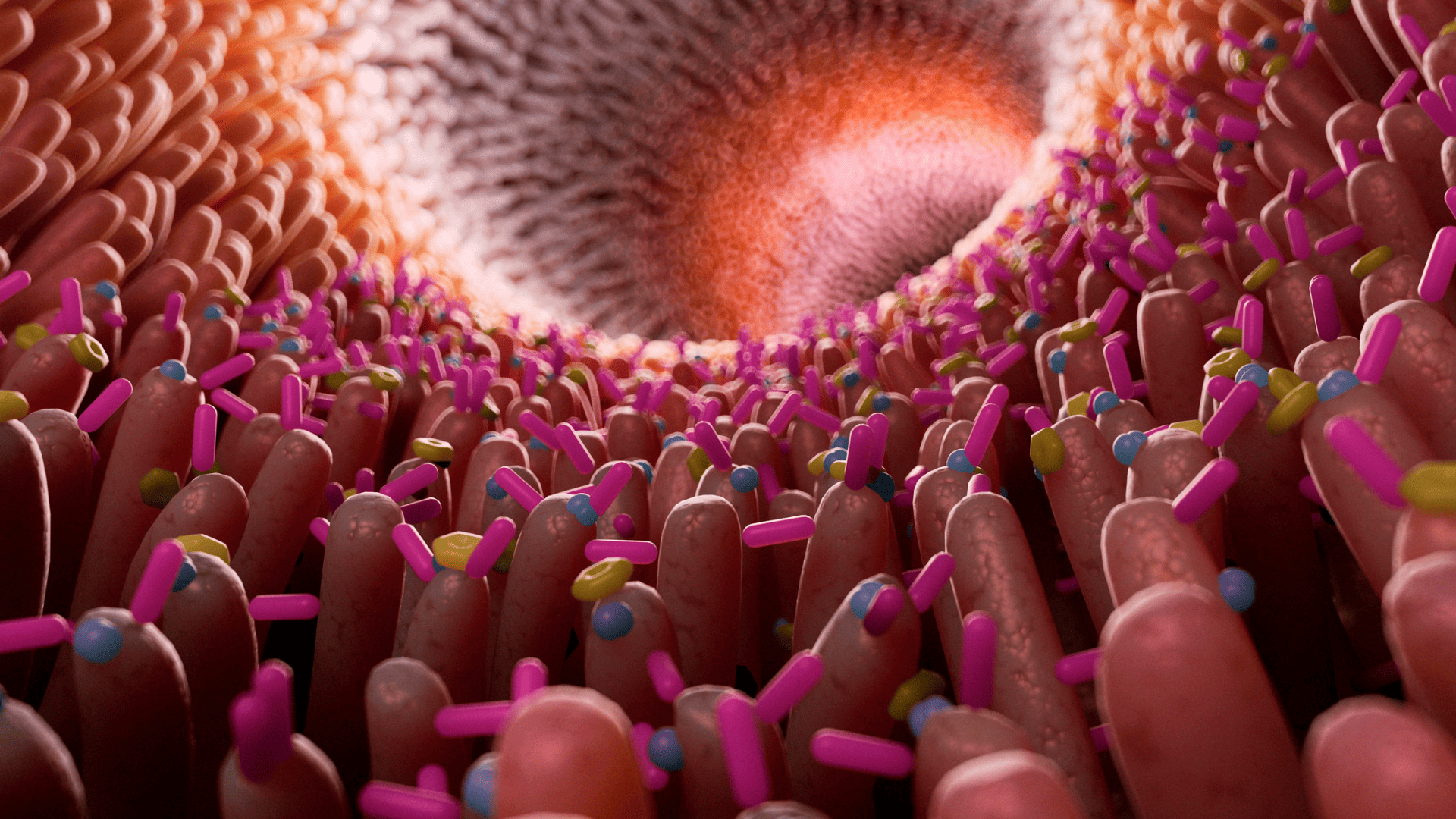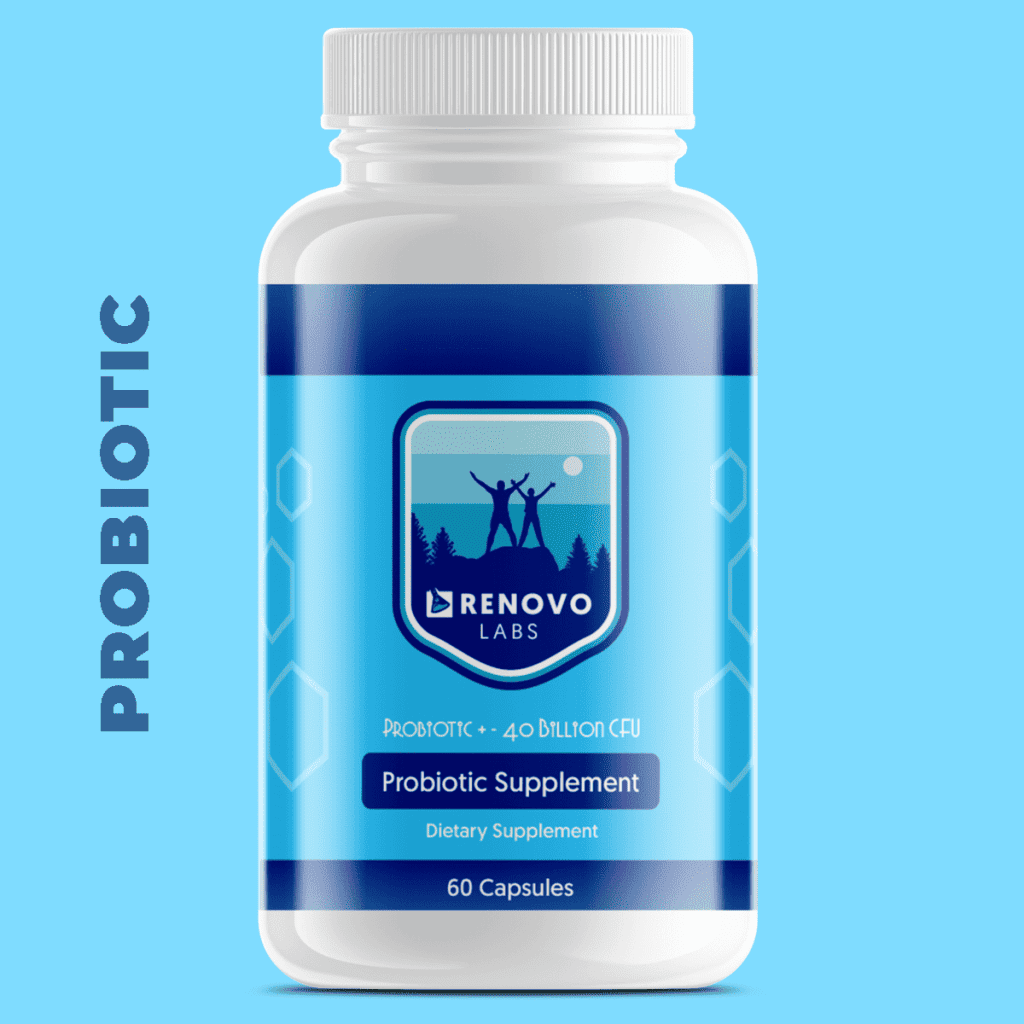Xylitol is a sugar alcohol that is widely used as a substitute for sugar in various food products, including chewing gum, toothpaste, and some low-calorie foods. This is because xylitol has the ability to mimic the taste and texture of sugar without the added calories. However, there have been some concerns about the effect of xylitol on gut bacteria. Hence, you might ask yourself ‘does Xylitol kill gut bacteria?’.
While it is true that xylitol can have an impact on gut bacteria, the extent of this impact is still under investigation. Some studies have suggested that xylitol may have a prebiotic effect, meaning it can promote the growth of beneficial bacteria in the gut.
On the other hand, other studies have shown that xylitol can have a negative impact on certain strains of gut bacteria, potentially leading to gastrointestinal side effects such as bloating and diarrhea. Despite these conflicting findings, it is important to note that the current research on xylitol and gut bacteria is still in its early stages, and more research is needed to fully understand the effects of xylitol on the gut microbiome.
Does Xylitol Kill Gut Bacteria?
The question, “does xylitol kill gut bacteria?” is a common one. However, the answer is not as straightforward as a simple yes or no.
A post on Biology Stack Exchange states that xylitol does not kill any bacteria, but rather inhibits their growth by depriving them of an energy source. Another article on Healthline critically evaluates the evidence supporting the effects of different types of sweeteners, including xylitol, on the composition of the gut microbiota. It states that some polyols, such as isomalt, maltitol, lactitol, and xylitol, can reach the large bowel and increase the numbers of bifidobacteria in humans.
Additionally, this post explains how xylitol can improve oral health by reducing the acidity and plaque formation caused by harmful bacteria. It also mentions that xylitol does not undergo fermentation and does not feed the harmful bacteria growing in acidic conditions. These findings suggest that xylitol does not pose a threat to the gut microbiome and is safe for consumption.
While there are still studies being done on the effects of xylitol on gut bacteria, the evidence so far suggests that xylitol is not harmful to gut bacteria and may even be beneficial. Therefore, it seems that xylitol can be safely consumed without the risk of harming the gut microbiome.

The Importance of Having a Healthy Gut Biome
Having a healthy gut is crucial for overall health and well-being. The gut plays an important role in digestion, metabolism, and balancing hormones. It can even affect a person’s mood and mental health.
When the gut is healthy, it is able to absorb nutrients from food more effectively, which can lead to better overall health. However, when the gut is unhealthy, it can lead to a variety of health problems, including digestive issues, weight gain, and even depression.
Recent scientific research shows that the gut is also connected to the immune system, which means that having a healthy gut can help boost immunity, fighting off infections and diseases. Moreover, a healthy gut is associated with lower levels of inflammation in the body. Inflammation has been linked to a wide range of chronic diseases, including heart disease, cancer, and diabetes.
Maintaining Your Gut Health
Maintaining a healthy gut is important to live a healthy and happy life. Here are some tips to help maintain a healthy gut:
- Eat a diet rich in fiber: Fiber is important for promoting healthy gut bacteria and keeping the digestive system running smoothly. Aim to eat plenty of fruits, vegetables, and whole grains.
- Limit processed foods: Processed foods are often low in fiber and can be harmful to gut health. Try to limit your intake of processed foods and opt for whole, nutrient-dense foods instead.
- Stay hydrated: Drinking plenty of water is important for keeping the digestive system running smoothly and promoting healthy gut bacteria.
- Manage stress: Stress can have a negative impact on gut health. Practicing stress-reducing activities like yoga or meditation can help promote a healthy gut.
- Exercise regularly: Regular exercise can promote a healthy gut by improving digestion and reducing inflammation.
- Get enough sleep: Getting enough sleep is important for overall health, including gut health. Aim to get 7-9 hours of sleep each night.
- Avoid smoking and excessive alcohol consumption: Smoking and excessive alcohol consumption can have a negative impact on gut health, so it’s best to avoid them or limit your intake.
By following these tips, you can help maintain a healthy gut and reduce the risk of developing gut-related health issues.
Probiotics for Gut Health
Taking a probiotic supplement can also be beneficial for gut health. Probiotics are live bacteria that are similar to the beneficial bacteria found in the gut. They can help promote a healthy gut microbiome and improve digestive function.
One probiotic supplement that we recommend is Renovo Labs Probiotic+. This supplement contains a blend of 4 different probiotic strains, including Lactobacillus acidophilus and Bifidobacterium lactis, which have been shown to promote gut health. Renovo Labs Probiotic+ is especially formulated to support digestive health, boost immune function, and improve overall well-being. Additionally, Probiotic+ offers fructooligosaccharides – which provide beneficial prebiotics to nourish the gut bacteria. This product is designed to be taken daily to promote a healthy gut and improve digestive function.
Renovo Labs Probiotic+ is a high-quality probiotic supplement that is backed by scientific research. The supplement is formulated with a blend of probiotic strains that have been shown to promote gut health. The supplement is also designed to support overall well-being, with ingredients that can help boost immune function and improve digestive health.
** These statements have not been evaluated by the Food and Drug Administration. This dietary supplement product is not intended to diagnose, treat, cure or prevent any disease **
The Key Takeaways for a Healthy Gut
In conclusion, the answer to the question “does xylitol kill gut bacteria?” The evidence suggests that xylitol does not kill gut bacteria and may even have a prebiotic effect. Having a healthy gut is crucial for overall health and well-being, and there are several things you can do to maintain gut health, including eating a diet rich in fiber, limiting processed foods, staying hydrated, managing stress, exercising regularly, and getting enough sleep. Avoiding smoking and excessive alcohol consumption can also help maintain a healthy gut. Taking a probiotic supplement like Renovo Labs Probiotic+ can also be beneficial for gut health.
Remember, a healthy gut is essential for overall health, and taking care of your gut should be a top priority. By following these tips and incorporating a probiotic supplement into your routine, you can promote a healthy gut and improve your overall well-being.





 Excludes DNA Testing
Excludes DNA Testing